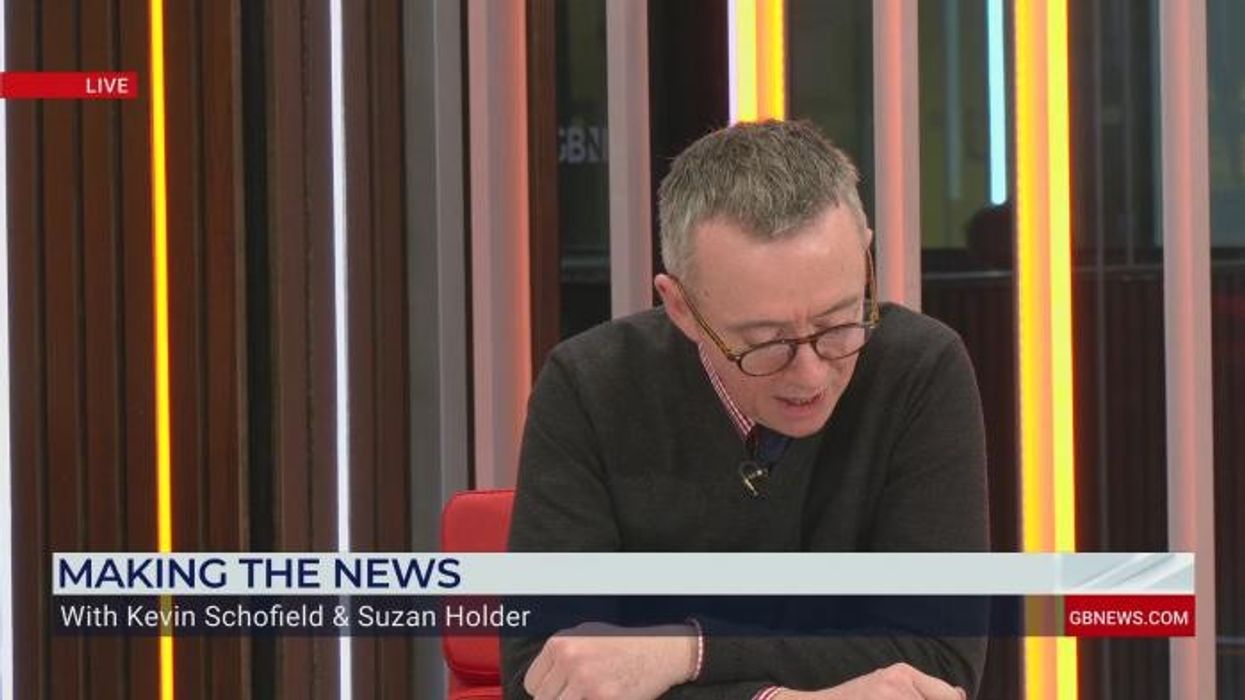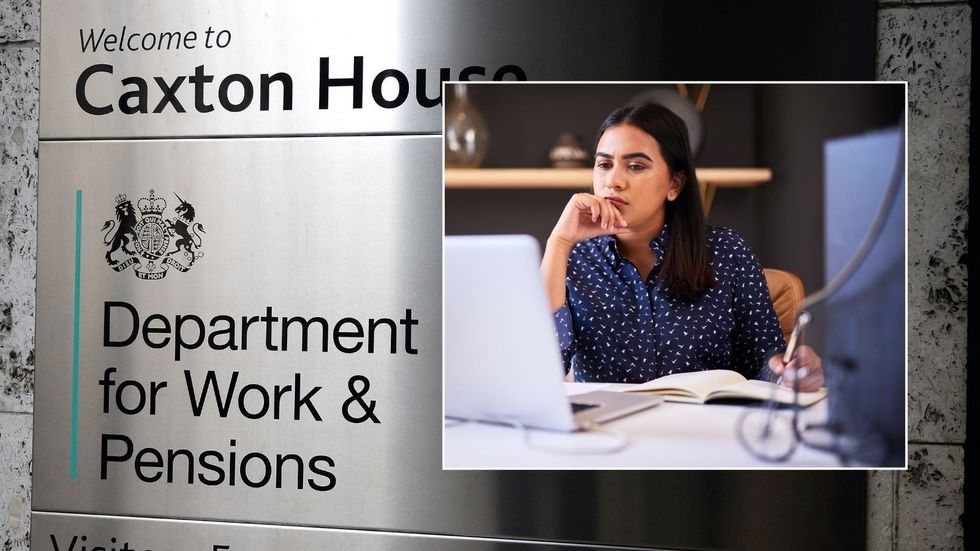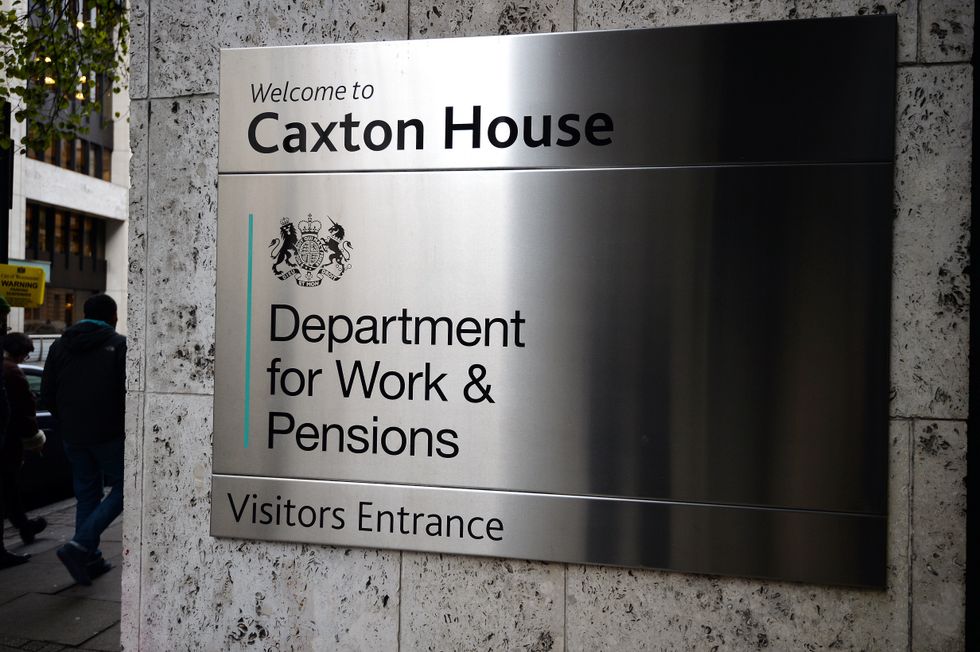DWP update: July 2025 state pension and benefits payment dates plus cost of living support

‘Groundhog Day!’ Rachel Reeves issued plea as DWP threaten long-term sick with benefits crackdown |
GBNEWS

Claimants are reminded to report any change in circumstances promptly to avoid delays or overpayment
Don't Miss
Most Read
Latest
As the cost of living crisis continues to squeeze household budgets, millions of people across the UK are keeping a close eye on when their benefits and pension payments are due to arrive.
With rising prices and stretched incomes, knowing the exact dates support will be paid into accounts is crucial for staying on top of bills, rent and everyday essentials.
Roughly 24 million people will receive their usual Department for Work and Pensions (DWP) payments throughout July, with no bank holidays affecting the schedule.
This includes recipients of Universal Credit, Personal Independence Payment (PIP), Disability Living Allowance (DLA), Attendance Allowance, Carer's Allowance, Employment and Support Allowance (ESA), and other key benefits. The state pension will also continue as normal, paid according to the established timetable.
Pension payments are made directly into claimants’ bank accounts every four weeks, with the day of the week determined by the final two digits of the person’s National Insurance number:
- 00–19: Monday
- 20–39: Tuesday
- 40–59: Wednesday
- 60–79: Thursday
- 80–99: Friday
As households continue to battle rising costs, staying on top of payment dates remains vital for managing budgets and avoiding missed bills.

Other benefits follow individual payment schedules that vary from person to person
| GETTYOther benefits follow individual payment schedules that vary from person to person. Payments typically arrive on the same date each month, though these are moved to the preceding working day when falling on weekends or bank holidays.
The DWP administers various benefits for different circumstances, including support for those with low incomes, unemployment, health conditions, disabilities or retirement needs.
The economic backdrop remains challenging for many households, with research from the Joseph Rowntree Foundation revealing that more than one in five people in the UK were living in poverty in 2022/23, equating to 14.3 million individuals.
Despite April's benefit increases of 1.7 per cent and the state pension rising by 4.1 per cent in line with the triple lock, inflation continues to outpace incomes for most households.
Policy in Practice estimates that £23 billion worth of benefits goes unclaimed annually, highlighting the importance of checking entitlements through available online calculators.
The combination of rising living costs and April's bill increases has left many struggling financially, making it essential that eligible households claim all available support to help manage their budgets.
Multiple support schemes are available to help struggling households beyond regular benefit payments.
The Household Support Fund, distributed by local councils, provides assistance including essential appliances, utility bill contributions and direct cash payments of up to £300.

July 2025 state pension and benefits payment dates plus cost of living support
| PAThis programme runs until March 2026, when it will transition into a Crisis and Resilience Fund with £1 billion in government funding.
Households on Universal Credit can access interest-free budgeting advance loans for emergencies, with maximum amounts of £348 for single claimants, £464 for couples and £812 for those with children.
From April 2025, deductions from Universal Credit for loan repayments will be capped at 15 per cent of the standard allowance, down from 25 per cent.
Discretionary Housing Payments offer additional support for rent shortfalls, deposits and advance payments for those receiving Housing Benefit or Universal Credit's housing element.

Additional support includes charitable grants for specific circumstances
| GETTYUniversal Credit claimants will see changes from April 2026 under Labour's welfare reforms, with the standard allowance rising by £7 weekly from £91 to £98.
However, the additional health element will be frozen at £97 until 2029/30, while new claimants after April 2026 will receive a reduced rate of just £50 per week - nearly £2,500 less than current levels.
The DWP aims to complete migration from legacy benefits including tax credits, income support, jobseeker's allowance and housing benefit to Universal Credit by January 2026.
Additional support includes charitable grants for specific circumstances, energy supplier assistance schemes, council tax reductions of up to 100 per cent for eligible households, and expanded free childcare provisions reaching 30 hours for all under-fives by September 2025.
More From GB News










